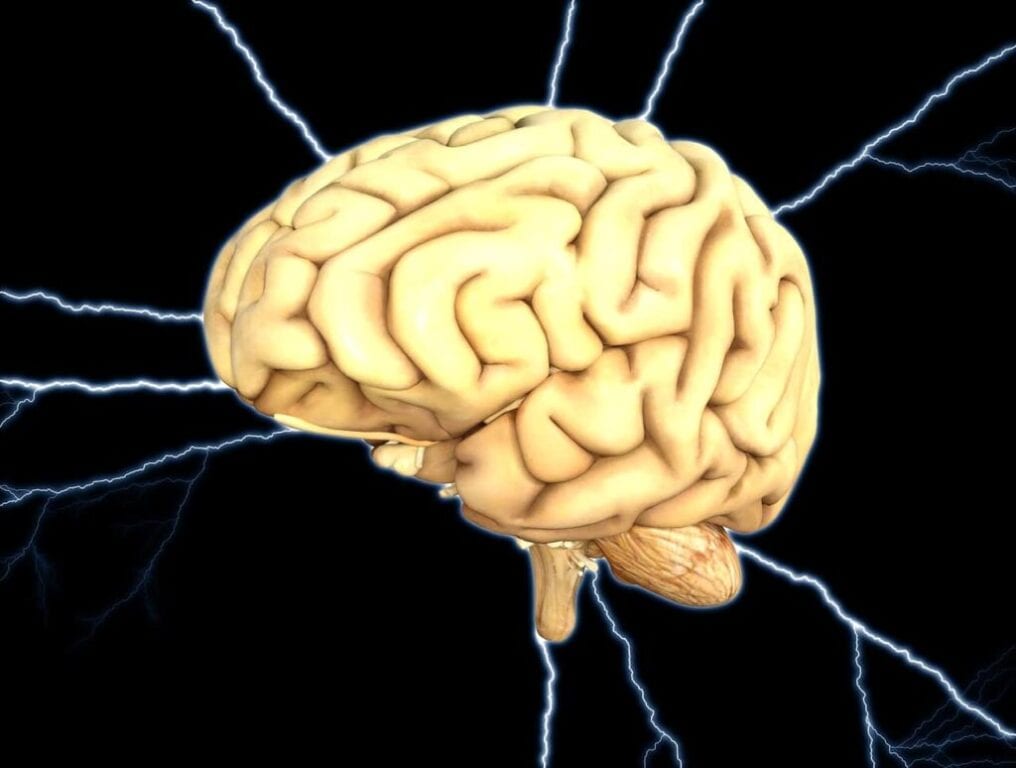Only around 350 to 500 people in the United States are diagnosed with Creutzfeldt-Jakob disease (CJD) each year. Unfortunately, this disease often causes rapid cognitive decline and physical deterioration, with many people dying within weeks to months following diagnosis. However, some individuals can live for up to a year. Because Creutzfeldt-Jakob disease is so rare, many physicians have not heard of it, which can leave those affected and their families feeling lost, isolated, and confused.
According to Bakersfield.com, Representative David Valadao (R-CA) has introduced a bipartisan resolution that would designate November 12 as CJD Awareness Day. This initiative is partly driven by his prior friendship with former Bakersfield Mayor Harvey L. Hall, who passed away just two weeks after his diagnosis. Hall’s widow, Lavonne, shared how frustrating it was trying to manage a rare disease diagnosis. She noted that almost nobody had any information or guidance to give her and hopes that this can change for others.
Rep. Kevin McCarthy (R-CA), Rep. Jim Acosta (D-CA), Rep. Shontel Brown (D-OH), Rep. Elissa Slotkin (D-MI), and Rep. David Joyce (R-OH) also introduced the resolution alongside Rep. Valadao. We hope that by raising more CJD awareness, we can work towards a better future, more research, and potential treatments and cures for those affected.
What is Creutzfeldt-Jakob Disease (CJD)?
The Centers for Disease Control and Prevention (CDC) explains that Creutzfeldt-Jakob disease is a:
rapidly progressive, invariably fatal neurodegenerative disorder believed to be caused by an abnormal isoform of a cellular glycoprotein known as the prion protein.
The exact cause is unclear. Doctors and researchers believe that a normal brain protein misfolds and becomes abnormal. These abnormal prions then continue to misfold and affect proteins near them, causing them to misfold as well. As this happens, brain cells die, and the brain begins to develop small holes. Most cases of CJD occur in people between 45 to 75, with the average symptom onset around 60-65 years old. There are three subtypes of CJD.
Symptoms relating to CJD may include:
- Involuntary muscle movements
- Impaired thinking, memory, and judgment
- Problems with walking, balance, and coordination
- Slurred speech
- Changes in mood, personality, or behavior, such as depression, anxiety, or mood swings
- Confusion
- Insomnia
- Visual disturbances
- Severe mental deterioration and dementia
- Arm and leg weakness
- Blindness
- Pneumonia or other infections
- Loss of the ability to move or speak
If someone you love has CJD and you are looking for support, consider checking out some of these support groups offered by the Creutzfeldt-Jakob Disease Foundation.






